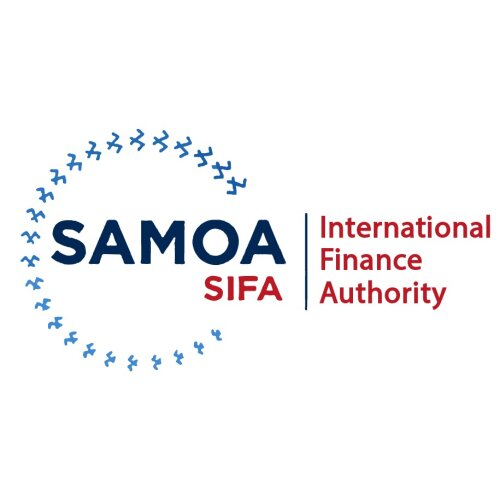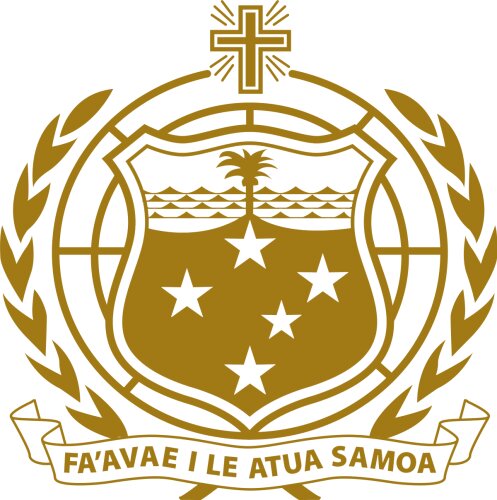Best Project Finance Lawyers in Samoa
Share your needs with us, get contacted by law firms.
Free. Takes 2 min.
Or refine your search by selecting a city:
List of the best lawyers in Samoa
About Project Finance Law in Samoa
Project finance in Samoa refers to the legal and financial structuring of large-scale infrastructure and development projects, such as roads, energy plants, telecommunications, and public service facilities. Under this model, funding for a project is secured primarily through the projected revenue of the completed project, rather than the creditworthiness of the project sponsors. The legal environment in Samoa for project finance is evolving, with investments in sectors like energy, tourism, and infrastructure being most common. The process typically involves complex agreements, risk management, and coordination between private investors, government bodies, and sometimes international financial institutions.
Why You May Need a Lawyer
Engaging in a project finance transaction in Samoa can be a multifaceted process. You may need a lawyer in circumstances such as:
- Drafting and negotiating complex financial agreements
- Understanding and complying with regulatory requirements
- Structuring joint ventures and public-private partnerships (PPPs)
- Managing project risks and liabilities
- Securing land rights or leases for your project
- Navigating foreign investment laws and restrictions
- Handling disputes among project participants or with government entities
- Advising on tax implications and incentives for project finance
- Facilitating due diligence and ensuring full compliance with Samoan law
Lawyers help ensure that your interests are protected and that the project proceeds smoothly without legal obstacles.
Local Laws Overview
The legal framework for project finance in Samoa draws from a combination of local statutes, regulations, and customary law, with influence from English common law. Here are key aspects to consider:
- Company Law: The Companies Act 2001 governs the formation and operation of business entities that may participate in project finance structures.
- Land Legislation: Land tenure in Samoa is unique, with much of the land held under customary law. The Alienation of Customary Land Act 1965 allows for leasing of customary land, which is often crucial for projects.
- Foreign Investment: The Foreign Investment Act 2000 outlines the requirements for overseas investors, with restrictions in certain sectors and a registry for approved investments.
- Environmental Law: The Planning and Urban Management Act 2004 and related regulations require environmental impact assessments for large projects.
- Securities Regulation: Creating security interests over assets is regulated by the Personal Property Securities Act 2013. This is relevant for lenders seeking collateral.
- Government Approvals: Many projects need approval from ministries such as the Ministry of Works, Transport, and Infrastructure, and compliance with procurement laws.
- Dispute Resolution: Disputes can be resolved through local courts, arbitration clauses, and sometimes negotiated settlements.
Understanding these areas is critical to ensuring legal compliance and the long-term success of a project finance venture in Samoa.
Frequently Asked Questions
What is project finance?
Project finance is a method of funding projects where the repayment is made mainly from the cash flow generated by the project itself, rather than from the assets or credit of the project sponsors.
Can foreigners participate in project finance in Samoa?
Yes, but they must comply with the Foreign Investment Act 2000, which may restrict foreign ownership in certain industries and requires registration and approval of foreign investment activities.
What are the common industries using project finance in Samoa?
Energy, tourism, transportation, telecommunications, and water infrastructure are typical sectors where project finance structures are used in Samoa.
How is land acquired for projects in Samoa?
Most land in Samoa is customary land, which cannot be sold, but can be leased under certain conditions. Securing a lease and complying with customary practices are vital steps often requiring legal help.
What approvals are needed for a large infrastructure project?
Projects usually require approvals from relevant ministries, land lease agreements, environmental assessments, and compliance with local procurement and construction regulations.
What types of security interests are recognized in Samoa?
Fixed and floating charges over company assets, mortgages on leasehold interests, and assignments of project revenues are common forms of security. These must be registered under the Personal Property Securities Act.
Are there local content or partnership requirements?
Certain sectors may require local Samoan participation, joint ventures, or adherence to procurement rules that favor local businesses. Review sector-specific laws for details.
How are disputes resolved in project finance deals?
Disputes may be settled through negotiation, local courts, or arbitration, depending on what is agreed in the contract. Many parties prefer arbitration clauses for international projects.
What are the tax implications for project finance?
Projects can be subject to corporate income tax, withholding tax, value-added tax (VAT), and other levies. Lawyers can help identify exemptions or incentives available for large-scale projects.
Is government backing required for all project finance transactions?
Not necessarily, but many large projects, especially those in infrastructure, may involve public-private partnerships or government guarantees to improve bankability and attract investment.
Additional Resources
Those seeking guidance or information on project finance in Samoa may find the following bodies and organizations helpful:
- Ministry of Finance of the Government of Samoa
- Ministry of Commerce, Industry, and Labour
- Ministry of Works, Transport, and Infrastructure
- Samoa Chamber of Commerce and Industry
- Samoa Law Society
- Central Bank of Samoa (for foreign exchange or banking concerns)
- Development Bank of Samoa
- Independent legal practitioners and consulting firms
Next Steps
If you are considering or involved in a project finance matter in Samoa, it is crucial to:
- Consult with an experienced local project finance lawyer at the earliest stage possible
- Prepare relevant documents and a summary of your project goals and structure
- Identify key stakeholders and potential legal or regulatory hurdles
- Engage with government agencies for required approvals and permits
- Review your legal agreements for compliance and risk allocation
- Ask your lawyer to clarify the applicable laws, including land tenure, corporate, tax, and investment regulations
By seeking timely legal counsel and understanding the local landscape, you can help ensure your project’s success in Samoa’s growing but unique project finance sector.
Lawzana helps you find the best lawyers and law firms in Samoa through a curated and pre-screened list of qualified legal professionals. Our platform offers rankings and detailed profiles of attorneys and law firms, allowing you to compare based on practice areas, including Project Finance, experience, and client feedback.
Each profile includes a description of the firm's areas of practice, client reviews, team members and partners, year of establishment, spoken languages, office locations, contact information, social media presence, and any published articles or resources. Most firms on our platform speak English and are experienced in both local and international legal matters.
Get a quote from top-rated law firms in Samoa — quickly, securely, and without unnecessary hassle.
Disclaimer:
The information provided on this page is for general informational purposes only and does not constitute legal advice. While we strive to ensure the accuracy and relevance of the content, legal information may change over time, and interpretations of the law can vary. You should always consult with a qualified legal professional for advice specific to your situation.
We disclaim all liability for actions taken or not taken based on the content of this page. If you believe any information is incorrect or outdated, please contact us, and we will review and update it where appropriate.
Browse project finance law firms by city in Samoa
Refine your search by selecting a city.












